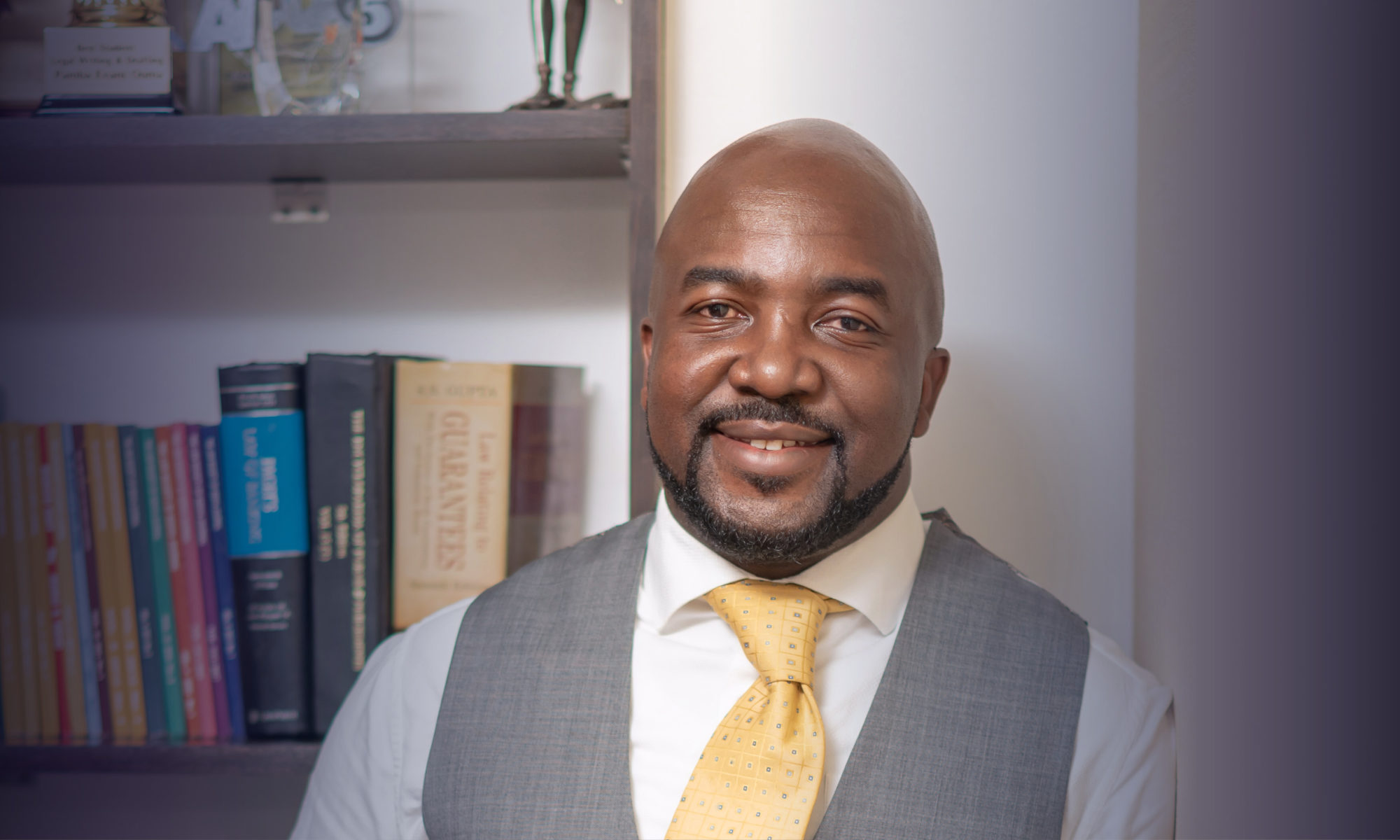In this summary interview, author and CEO of Bizconnect Africa, Nissi Ekpott, speaks with Ziwani’s Sibs Sibanda about the role that businesses can play in transforming societies. Believing that sharing knowledge and skills is one of the best ways to achieve multi-generational impact, he shares 5 principles that provide practical encouragement and timely reminders of the call to bring social justice in and through business.
Politics and governments have their roles to play in transforming society, but business can impact people and communities every day, for generations to come. Bringing ‘social justice’ through business is not about everyone obtaining a PhD degree, or everyone becoming a billionaire – it is about using the tools of the marketplace to enable people to become self-sufficient. Social justice, in this sense, is about empowering people to become who God intended them to be.
Building a more just society should be an integral part of our everyday existence – it shouldn’t be separate from our day-to-day business operations. We are always transacting with others through our business and daily life, and in this we should follow Jesus’ example. He did not wait for a specific time to execute justice – it was woven into multiple opportunities in His day. It is therefore important to ensure that wealth is not being built on one side alone, but also on the side of those who work for you, clean for you, or take you to the airport. As Proverbs 27:23 says, “know well the condition of your flocks, and give attention to your herds”.
Your business can shift the trajectory of your industry from historic exploitation to real transformation – because business has the financial muscle, capability, and liberty to choose its own objectives and deliverables. Which means that you can choose to invest in just one person. Imagine if you invested in the ‘apostle Paul’ of your industry, what transformation that one person will have, generations from now.
But this shift can only come when we are intentional and passionate about bringing justice through business. At Bizconnect Africa we do business to create wealth – we are not a non-profit organisation. But we work hard to ensure that as we create wealth, those who transact with us benefit as well. For example, since we are in property development and work in semi-rural communities, our policies stipulate that a certain percentage of people we work with must be from those communities, and that a certain percentage of these people must be trained from scratch.
But having policies do not make it easy in practice. Once, we spent months training 70 young people, and on the day they qualified, they formed a union and demanded an unrealistic wage increase. We lost all of them from our employment in one day. It felt like all our hard work had been flushed down the drain, and was disheartening to say the least.
So this business model has its challenges, but we also reap the rewards. Some of the people we trained are now the best builders in their respective regions, which has enabled our business to be more profitable. Justice and business can go hand-in-hand – they do not have to be held separately. It benefits the local community with skills, training, and employment, all the while making good business sense.
When you decide to become a justice-bringer in and through business, you will face many challenges. These principles have guided and helped us to keep going over the long term:
- Do it with the right heart
Don’t try sharing your knowledge or strengthening others to score points or tick a compliance box. Do it because you truly believe that this will transform society.
- Do what you are passionate about
Find what you are passionate about and do that, rather than pretending to do what is trending or popular at the time.
- Rely on God, and keep trying
Be empowered by His strength because there will come a time when you are misunderstood, discouraged, and deflated. Rather, remember that “it is not by strength that one prevails” (1 Samuel 2:9). If you have been burned – find healing, and try again.
- Remember you are a nation builder, for the future
Keep sowing the seed and invest in people deliberately without getting discouraged, even when those that you train take their knowledge elsewhere. Look three generations ahead and act today.
- Understand that you cannot score 100%
Everyone has a history. You will not be able to overcome all the historic challenges faced by the communities you work with. Rather take the retail perspective of aiming to translate just 5% of passing foot traffic into sales. Let 5% or 10% be a win for you, and remember that these small gains increase over time, to have greater impact down the line.
To illustrate the above, I’d like to tell a powerful story. When my father was a young man, someone chose to sponsor the education of just three people from his village. Out of thousands in the community, only my father and two others were empowered to study. All three men went on to excel in their own lives, and years later, my father returned to his village to start a school. It was the community’s first school. In the beginning, he may have only achieved a 5% attendance, but those 5% grew up and they sent their own children to school too. Forty years later, there are now three schools in the village and the literacy rate is 100%. You will not find an illiterate person in the community because of the catalytic actions of one person reaching three, and those three going on to reach many more.
Never underestimate what reaching just one person can do!
It is not easy to stretch your thinking to look and dream beyond your own projects or knowledge-sharing trials. It takes time and maturity to start thinking multi-generationally. But this call to carry business and justice together, and to share your knowledge and skills for the benefit of others – is an opportunity to rise to the occasion and leverage your business influence to build a better world for all.




